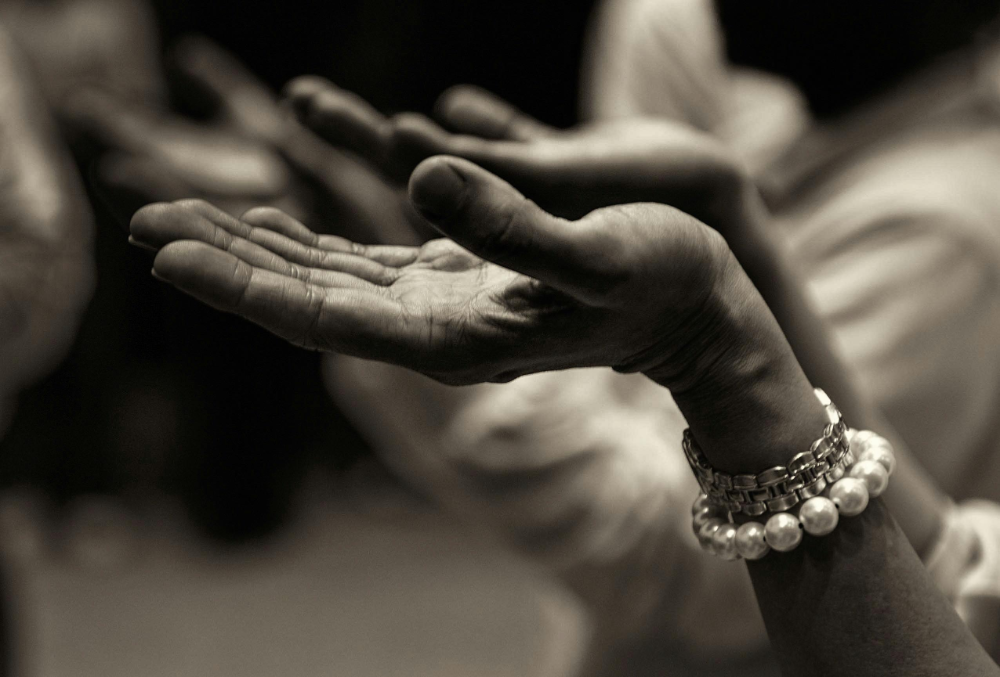Religion and finance seem to be two completely different fields, one is about spiritual belief, the other is about pursuing material wealth, but in the long river of human civilization, they are always in a subtle and complicated competitive relationship. This kind of competition is not a simple life-and-death game, but a long-term game in values, codes of conduct and power system.

Fundamentally speaking, religion and finance are competing for human loyalty and obedience. Religion regulates the behavior of believers by building a sacred value system and promising salvation in the afterlife or blessings in this life, and requires them to dedicate part of their wealth to the church. Finance, on the other hand, promises to realize the material wishes of individuals or groups by providing opportunities for wealth appreciation, so as to attract the flow of capital and the allocation of resources. Both of them try to become the center of people's lives, guide people's decision-making, and finally master the right to allocate resources in society.
This kind of competition is particularly obvious in history. In medieval Europe, the church was the largest landowner and a symbol of wealth. It accumulated amazing wealth by collecting tithes and selling atonement vouchers, and its influence even surpassed that of secular monarchs. However, with the rise of commercial trade and the germination of capitalism, the power of finance began to challenge the authority of the church. The emerging merchant class is no longer satisfied with the church's ban on usury. They need capital to expand their business territory. The emergence of financial institutions provides them with legal and efficient financing channels. Bankers, lenders and securities traders gradually replaced priests and bishops and became upstarts. Their wealth and influence began to rival the church.

Religion's restraint on finance has never stopped. Many religious classics have given severe warnings about usury, greed and improper wealth accumulation. For example, the Islamic financial system is based on the teachings of the Koran, which strictly prohibits charging interest and advocates the principle of sharing risks and benefits. The birth of this system itself is a challenge and competition to the traditional western financial model with interest as the core. It tries to build a fairer and more moral financial order under the framework of faith.

However, the financial counterattack is equally sharp and effective. With its strong flexibility and innovation, it constantly circumvents the religious ban and seeks new profit-making space. Modern financial products, such as trusts, funds and derivatives, blur the source and nature of wealth with their complex structures, making the traditional religious ethics constraints difficult to apply. At the same time, the globalization of finance also makes it difficult for religious bans in any region to completely restrict the free flow of capital.
Today, the competition between religion and finance continues. Together, they shape the values and behavior patterns of modern society. Religion is still trying to maintain its moral bottom line and guide people to pay attention to spiritual wealth; And finance, with its unparalleled efficiency, drives the development of the global economy and satisfies people's endless material desires. The result of this game will profoundly affect the future direction of human society.



